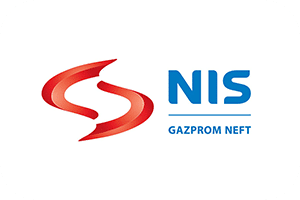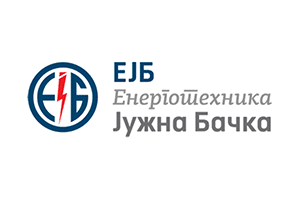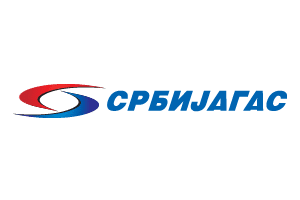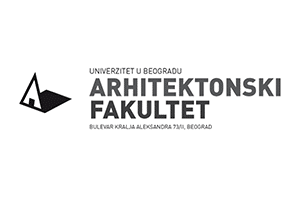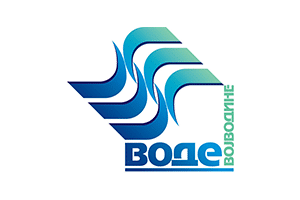Nüshu (女書, literally “women’s script”) is believed to be the only writing system in the world created and used exclusively by women from the rural communities in Jiangyong County in Hunan province of southern China. Although sometimes described as a language, Nüshu is a local dialect of the Chinese language with its own distinctive script used by women to maintain a women’s support network in a male-dominated society.
The Translator’s Charter
Just as doctors are bound by the Hippocratic Oath to do their jobs honourably, so do we, translators, have our Translator’s Charter as a constant reminder of our responsibility towards what we do. Even though the word ‘charter’ may sound matter of fact, its essence is certainly not and every translator should reread it from time to time, recalling how important it is to adhere to ethical principles of translation in one’s work and protect both one’s own reputation and the reputation of the profession.
The Translator’s Charter was approved by the World Congress in Dubrovnik in 1963 and amended in Oslo on 9 July 1994. The International Federation of Translators (FIT) noted “that translation has established itself as a permanent, universal and necessary activity in the world of today; that by making intellectual and material exchanges possible among nations it enriches their life and contributes to a better understanding amongst men; that, in spite of the various circumstances under which it is practised, translation is now recognised as a distinct and autonomous profession”.
Wishing “to lay down, as a formal document, certain general principles inseparably connected with the profession of translating, particularly for the purpose of stressing the social function of translation, laying down the rights and duties of translators, improving the economic conditions and social climate in which the translator carries out their activity, and recommending certain lines of conduct for translators and their professional organisations, and to contribute in this way to the recognition of translation as a distinct and autonomous profession,” FIT established the Translator’s Charter.
At the fourth congress of the International Federation of Translators organised in Dubrovnik, the Nobel laureate Ivo Andrić described translation in his own way,
“Bordering with magic and resembling a true feat is the work of a good translator. What is translation actually? The skill and the ability to take the reader by the hand, lead them through the landscapes and the areas that they would never have passed through, and show them the phenomena and the objects that they would never have seen otherwise.
All this requires, apart from talent, hard work and knowledge, an infinite amount of patience, strength, wisdom and sacrifice. Both the author of the translated work and the reader reading the work should always be aware of that. This because it is easy to find mistakes or imperfect segments even with the best of translators, but much harder to grasp all the complexity and importance of their work.
What about usefulness? It in particular should not require talking very much about. Translators are the best interpreters and mediators in this ever-divided world. Translators, among others, are to be thanked if and to the extent that nations and people are close to one another nowadays. Who of us has not had use of their work and sweat? What would millions of people know about Homer, Dante or Goethe were it not possible for them to read their translated work, and what about Euripides, Shakespeare, Racine or Gogol were it not possible for them to watch their plays at theatres in their own languages? Nothing. If, however, we know or at least sense something, that is owing to translators. And all of us, how many there may be, are in their debt.”
So, every time you read a book by a foreign author or operating instructions for a household appliance, remember that someone has put in a lot of hard work to make the source text closer to you and translate it into your language. You may read the full version of the Translator’s Charter below.
TRANSLATOR’S CHARTER
Section I
General Obligations of the Translator
1. Translation, being an intellectual activity, the object of which is the transfer of literary, scientific and technical texts from one language into another, imposes on those who practise it specific obligations inherent in its very nature.
2. A translation shall always be made on the sole responsibility of the translator, whatever the character of the relationship of contract which binds him/her to the user.
3. The translator shall refuse to give to a text an interpretation of which he/she does not approve, or which would be contrary to the obligations of his/her profession.
4. Every translation shall be faithful and render exactly the idea and form of the original � this fidelity constituting both a moral and legal obligation for the translator.
5. A faithful translation, however, should not be confused with a literal translation, the fidelity of a translation not excluding an adaptation to make the form, the atmosphere and deeper meaning of the work felt in another language and country.
6. The translator shall possess a sound knowledge of the language from which he/she translates and should, in particular, be a master of that into which he/she translates.
7. He/she must likewise have a broad general knowledge and know sufficiently well the subject matter of the translation and refrain from undertaking a translation in a field beyond his competence.
8. The translator shall refrain from any unfair competition in carrying out his profession in particular, he/she shall strive for equitable remuneration and not accept any fee below that which may be fixed by law and regulations.
9. In general, he/she shall neither seek nor accept work under conditions humiliating to himself/herself or his/her profession.
10. The translator shall respect the legitimate interests of the user by treating as a professional secret any information which may come into his/her possession as a result of the translation entrusted to him/her.
11. Being a "secondary" author, the translator is required to accept special obligations with respect to the author of the original work.
12. He/she must obtain from the author of the original work or from the user authorization to translate a work, and must furthermore respect all other rights vested in the author.
Section II
Rights of the Translator
13. Every translator shall enjoy all the rights with respect to the translation he/she has made, which the country where he/she exercises his/her activities grants to other intellectual workers.
14. A translation, being a creation of the intellect, shall enjoy the legal protection accorded to such works.
15. The translator is therefore the holder of copyright in his/her translation and consequently has the same privileges as the author of the original work.
16. The translator shall thus enjoy, with respect to his/her translation, all the moral rights of succession conferred by his/her authorship.
17. He/she shall consequently enjoy during his/her lifetime the right to recognition of his/her authorship of the translation, from which it follows, inter alia, that:
• his/her name shall be mentioned clearly and unambiguously whenever his/her translation is used publicly
• he/she shall be entitled to oppose any distortion, mutilation or other modification of his/her translation
• publishers and other users of his/her translation shall not make changes therein without the translator's prior consent
• he/she shall be entitled to prohibit any improper use of his/her translation and, in general, to resist any attack upon it that is prejudicial to his/her honour or reputation.
18. Furthermore, the exclusive right to authorize the publication, presentation, broadcasting, re-translation, adaptation, modification or other rendering of his/her translation, and, in general, the right to use his/her translation in any form shall remain with the translator.
19. For every public use of his/her translation the translator shall be entitled to remuneration at a rate fixed by contract or law.
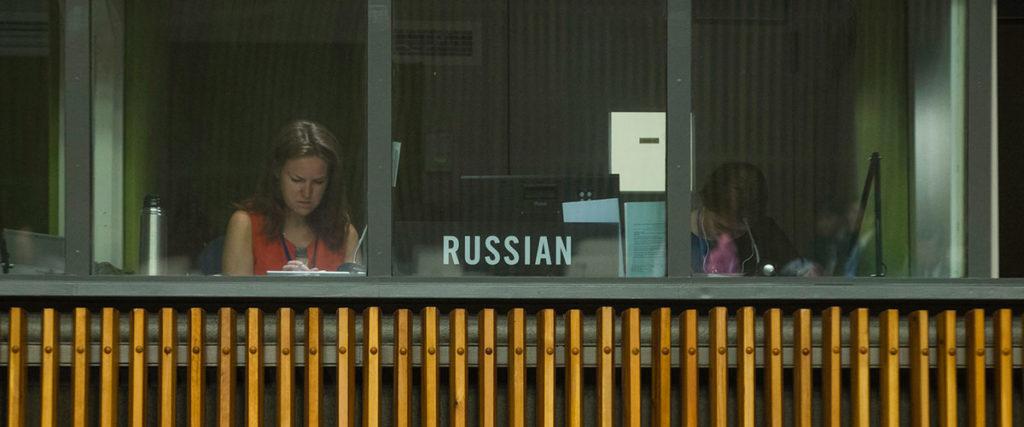
UN Photo/Manuel Elias 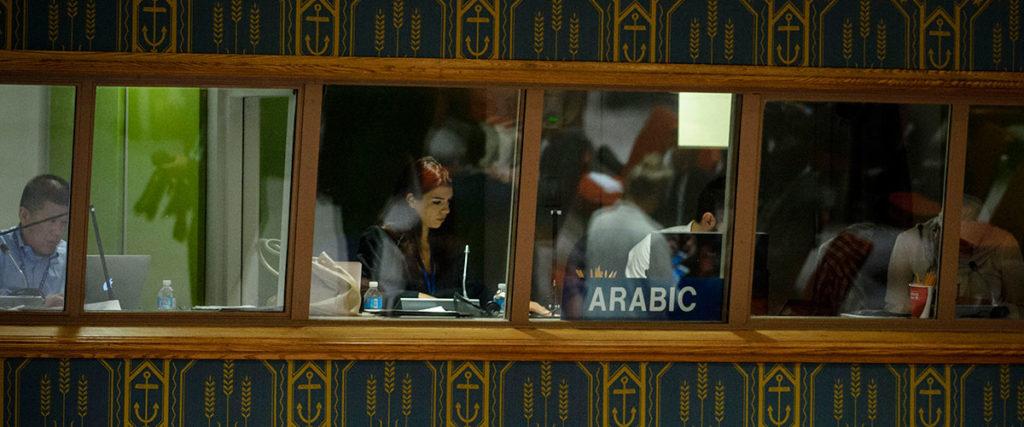
UN Photo/Manuel Elias
Section III
Economic and Social Position of the Translator
20. The translator must be assured of living conditions enabling him/her to carry out with efficiency and dignity the social task conferred on him/her.
21. The translator shall have a share in the success of his/her work and shall, in particular, be entitled to remuneration proportional to the commercial proceeds from the work he/she has translated.
22. It must be recognized that translation can also arise in the form of commissioned work and acquire as such rights to remuneration independent of commercial profits accruing from the work translated.
23. The translating profession, like other professions, shall enjoy in every country a protection equal to that afforded to other professions in that country, by collective agreements, standard contracts, etc.
24. Translators in every country shall enjoy the advantages granted to intellectual workers, and particularly of all social insurance schemes, such as old-age pensions, health insurance, unemployment benefits and family allowances.
Section IV
Translators’ Societies and Unions
25. In common with members of other professions, translators shall enjoy the right to form professional societies or unions.
26. In addition to defending the moral and material interests of translators, these organizations shall have the task of ensuring improvement in standards of translation and of dealing with all other matters concerning translation.
27. They shall exert their influence on public authorities in the preparation and introduction of legal measures and regulations concerning the profession.
28. They shall strive to maintain permanent relations with organizations which are users of translations (publishers' associations, industrial and commercial enterprises, public and private authorities, the Press, etc.) for the purpose of studying and finding solutions to their common problems.
29. In watching over the quality of all works translated in their countries, they shall keep in touch with cultural organizations, societies of authors, national sections of the Pen Club, literary critics, learned societies, universities, and technical and scientific research institutes.
30. They shall be competent to act as arbiters and experts in all disputes arising between translators and users of translations.
31. They shall have the right to give advice on the training and recruitment of translators, and to co-operate with specialized organizations and universities in the pursuit of these aims.
32. They shall endeavour to collect information of interest to the profession from all sources and to place it at the disposal of translators in the form of libraries, files, journals and bulletins, for which purpose they shall establish theoretical and practical information services, and organize seminars and meetings.
Section V
National Organizations and the International Federation of Translators
33. Where several groups of translators exist in a country, organized either on a regional basis or into different categories, it will be desirable for these groups to co-ordinate their activities in a central national organization, at the same time preserving their identity.
34. In countries where societies or unions of translators are not yet in existence, it is suggested that translators should join forces to bring about the necessary establishment of such an organization, in accordance with the relevant legal requirements of their country.
35. To ensure the attainment of their aims at world level by common effort, national translators' organizations are called upon to unite in the Fédération Internationale des Traducteurs (International Federation of Translators [FIT]).
36. Translators shall join their national organizations of their own free will and the same must apply to the societies with respect to their association with the International Federation of Translators.
37. The International Federation of Translators shall defend the material and moral rights of translators at the international level, keep in touch with progress in theoretical and practical matters relating to translation, and endeavour to contribute to the spread of civilization throughout the world.
38. The International Federation of Translators shall attain these objectives by representing translators at the international level, particularly through relations with governmental, non-governmental and supranational organizations, by taking part in meetings likely to be of interest to translators and translation at the international level, by publishing works, and by organizing or arranging for the organization of congresses at which questions concerning translation or translators may be examined.
39. In general the International Federation of Translators shall extend the activities of the societies of every country at the international level, co-ordinate their efforts and define its common policy. 40. The national societies and the International Federation of Translators, their central organization, derive the strength necessary for the pursuit of their professional objectives from the feeling of solidarity existing among translators and from the dignity of translation which contributes to better understanding among nations and to the spread of culture throughout the world.

Share our blog or recommend us to your friends.
Just as doctors are bound by the Hippocratic Oath to do their jobs honourably, so do we, translators, have our Translator’s Charter as a constant reminder of our responsibility towards what we do. Even though the word ‘charter’ may sound matter of fact, its essence is certainly not and every translator should reread it from time to time, recalling how important it is to adhere to ethical principles of translation...

Milovana Glišića 2, 21101 Novi Sad, Serbia
+381 60 016 8128 +381 60 016 8188
office@mstranslationteam.rs
2016 - 2025 © MS Translation Team - All rights reserved
Web design by Real Media Factory


